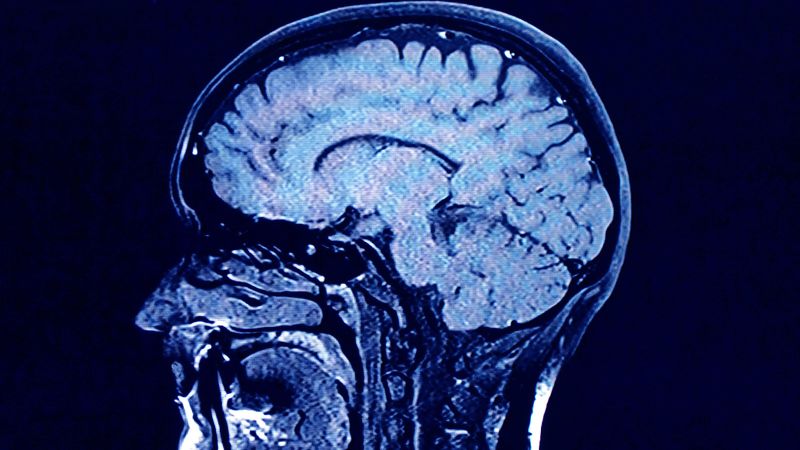
Why brain aging can vary dramatically between people
CNN
Researchers are uncovering deeper insights into how the human brain ages and what factors may be tied to successful cognitive aging ((is successful the best word to use? seems like we’ll all do it successfully but for some people it may be healthier or gentler or slower?)), including exercising, avoiding tobacco, speaking a second language or even playing a musical instrument.
Researchers are uncovering deeper insights into how the human brain ages and what factors may be tied to healthier cognitive aging, including exercising, avoiding tobacco, speaking a second language or even playing a musical instrument. Some aspects of cognitive abilities in older age may be connected to test scores around age 11, according to a review paper published Thursday in the journal Genomic Psychiatry from Genomic Press New York. The paper, based on data from the Lothian Birth Cohorts studies in Scotland, suggests that about half of the variabilities in people’s cognition at older ages – why some people may have greater cognitive decline than others – may already have been present in their childhoods. Yet some adult lifestyle factors still appeared to be linked with improved cognitive performance and slower aging of the brain. “We have found that things like keeping physically and mentally active and engaged, having few ‘vascular’ risk factors (such as high blood pressure, cholesterol, smoking, BMI), speaking a second language, playing musical instruments, and having a younger-looking brain and many more show detectable-but-small associations,” Simon Cox, an author of the new paper and director of the Lothian Birth Cohort Studies at the University of Edinburgh, said in an email. “We came up with the idea that ‘Marginal Gains, Not Magic Bullet’ is a good way to think about a recipe for better cognitive ageing: rather than finding that one single thing has a huge risk, we see lots and lots of (often partly-overlapping) factors that each probably contributes a little bit to your risk for cognitive ageing,” Cox said.





















 Run 3 Space | Play Space Running Game
Run 3 Space | Play Space Running Game Traffic Jam 3D | Online Racing Game
Traffic Jam 3D | Online Racing Game Duck Hunt | Play Old Classic Game
Duck Hunt | Play Old Classic Game

